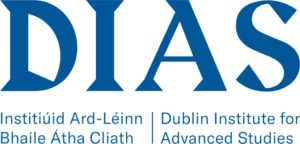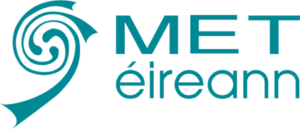
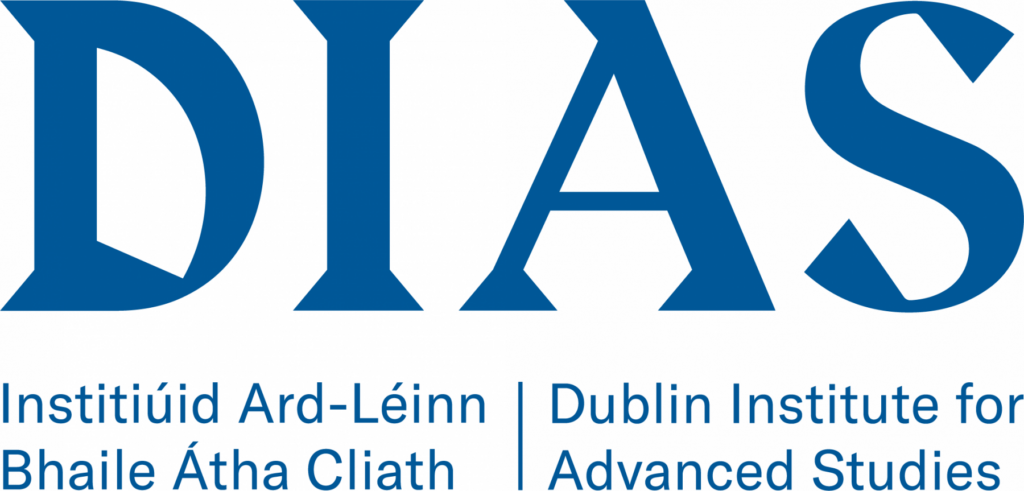
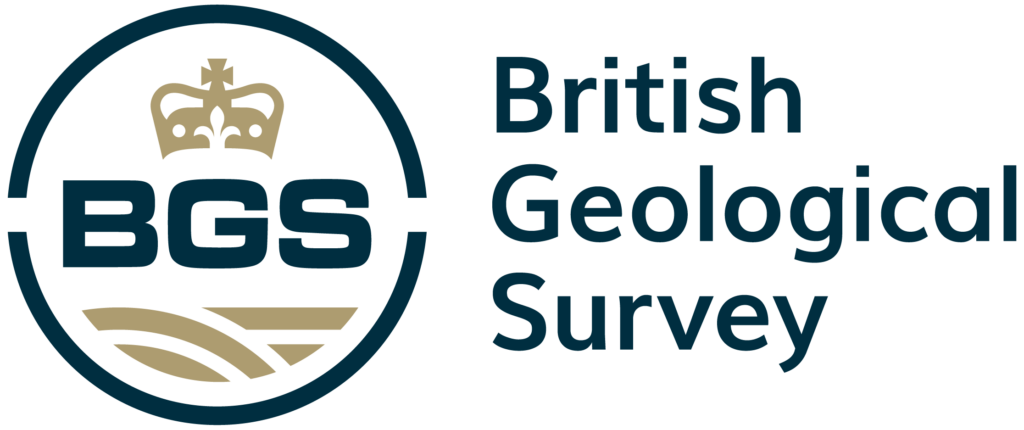
We are excited to announce our new MagIE schools network! A pilot study was kindly funded by the Royal Astronomical Society and Dublin Institute for Advanced Studies (DIAS). This project will extend our research network by installing low cost Raspberry Pi magnetometers at schools across the country, and educating students there all about space weather at the same time! New locations in the North, South, East, and West of the country will enhance our current research sites at Rosse Observatory in the Midlands, Valentia in the South, and Armagh Observatory in Northern Ireland.
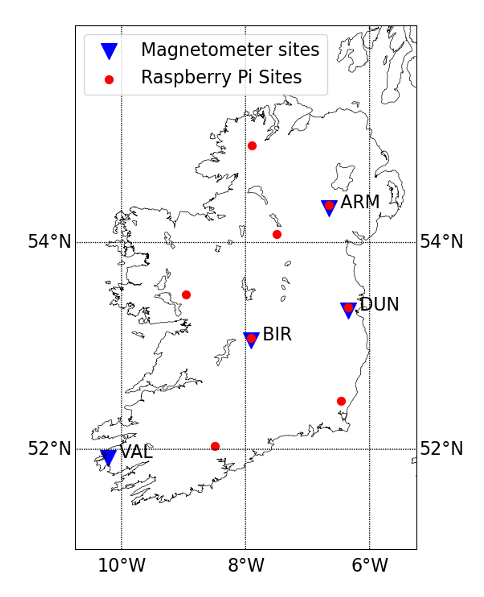
The headquarters of the magnetometer network is at DIAS Dunsink Observatory, which was opened in 1785 and has an impressive astronomical heritage. Nowadays, Dunsink hosts scientists from DIAS undertaking state-of-the-art astrophysics research as well as hosting many outreach activities throughout the year. Public Visitor Nights are held regularly, including seminars from our researchers and tours of the impressive 19th century Grubb refractor telescope in the South Dome on the grounds. Citizen science activities are also ongoing at the Observatory; linking the weather station on the grounds with the Met Eireann network, and running NEMETODE meteor experiments with amateur astronomers, as well as involvement with online projects such as Sunspotter project on the Zooniverse platform.
Project History
We have been inspired by our colleagues at British Geological Survey who developed a very successful schools programme in the UK using their magnetometer experience (see Beggan et al 2018). They were encouraged by the successes of projects such as the Met Office’s Weather Observation Website and saw an opportunity to do something similar for space weather. They built some cost effective off-the-shelf magnetometers using Raspberry Pis to control them and installed them in the ground at school sites across the country. Although they cost about 1% of standard research magnetometers they are still accurate enough to be used for space weather research purposes. It has been an excellent way to engage school students and teachers and get them involved with some citizen science.
Educational Resources
In collaboration with Dublin City University’s STEM Teacher Internship Programme we have also developed educational materials about space weather for the new Earth and Space strand of the Junior Cycle curriculum in Ireland. Check out dunsink.dias.ie/education for rich tasks asking questions such as “Does the Sun have Seasons?” and “Can humans live on Mars?”!
